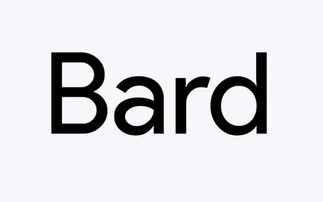Survey finds smartphone generation is ready to move beyond balance checking
Banking on mobile differentiation Consumers who use mobile banking applications want financial institutions to provide more proactive services, according to a survey by mobile marketing firm Spon...
To continue reading this article...
Join Computing
- Unlimited access to real-time news, analysis and opinion from the technology industry
- Receive important and breaking news in our daily newsletter
- Be the first to hear about our events and awards programmes
- Join live member only interviews with IT leaders at the ‘IT Lounge’; your chance to ask your burning tech questions and have them answered
- Access to the Computing Delta hub providing market intelligence and research
- Receive our members-only newsletter with exclusive opinion pieces from senior IT Leaders

















